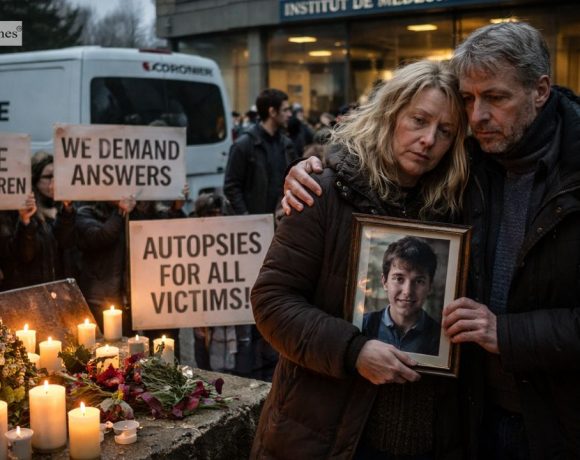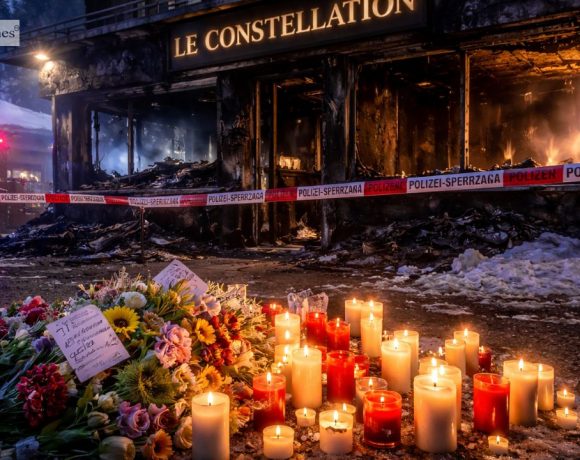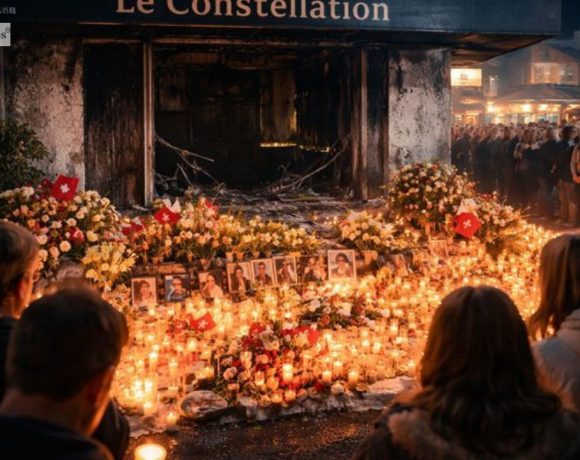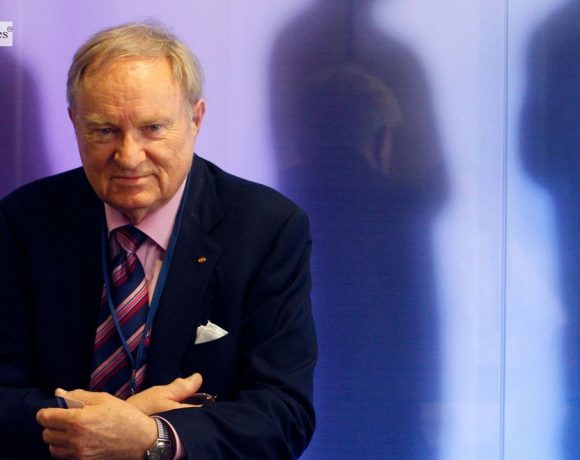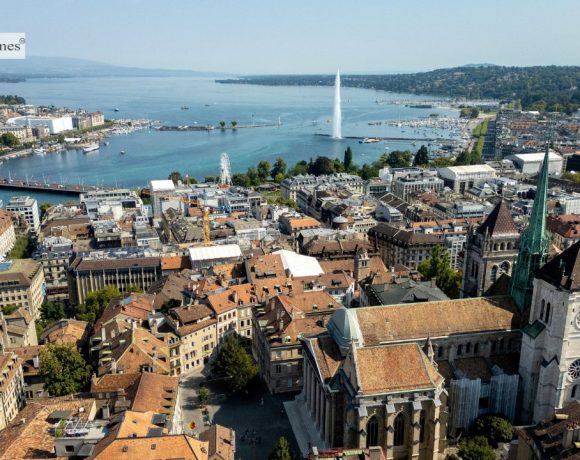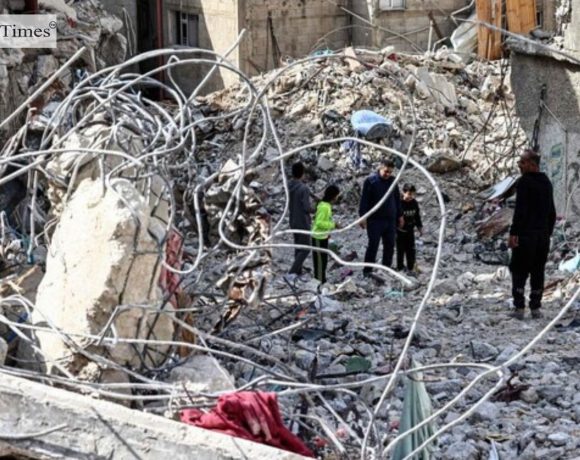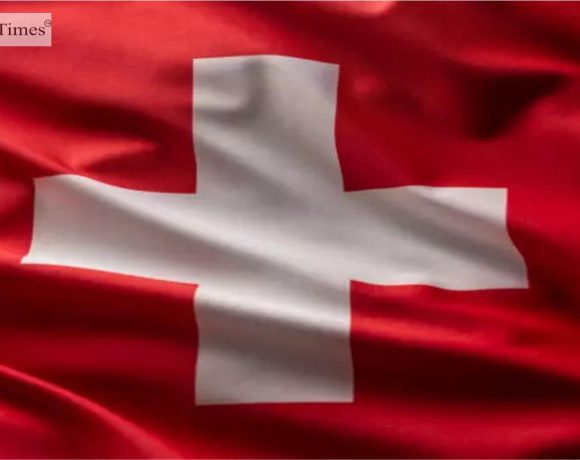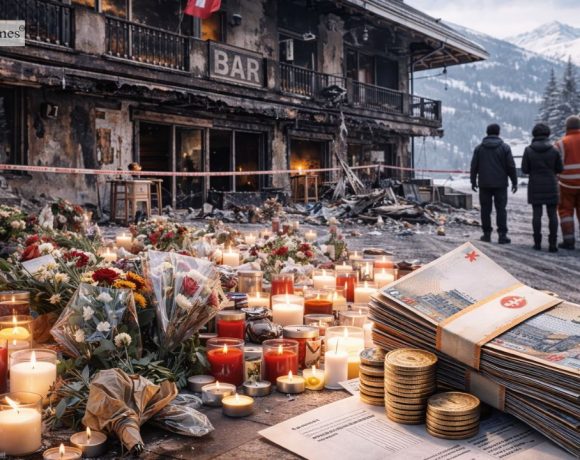
Switzerland announced a one-time payment of 50,000 Swiss francs ($56,000) to severely injured survivors and bereaved families of the New Year’s Eve fire at the “Le Constellation” bar in Crans-Montana, which killed 41 people and injured over 100. The federal government described the solidarity contribution as both financial support and a gesture of compassion for those affected.
The payment will cover each deceased victim and every hospitalized individual, totaling 7.8 million francs for 156 severely impacted people. Additional support comes from the canton of Valais, which pledged 10 million francs to a foundation for victims. Authorities also plan to facilitate out-of-court settlements with insurers to potentially avoid prolonged legal battles, contributing up to 20 million francs for such agreements.
The Swiss Federal Council emphasized its commitment to uncovering the truth behind the blaze, believed to have been sparked by sparkling candles igniting foam soundproofing. Parliament is expected to expedite legislation to support victims, while 8.5 million francs will assist affected cantons in covering extraordinary costs.
Pic courtesy: google/ images are subject to copyright


